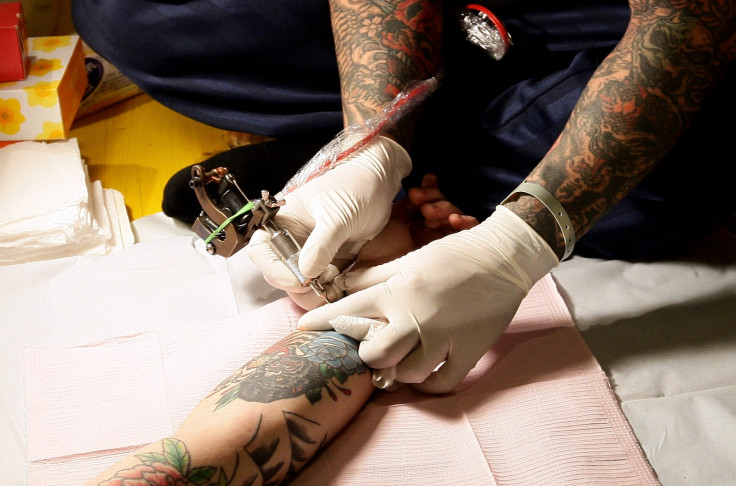Police trained to spot paedophiles based on their tattoos

Police are being trained how to spot child abusers based on the clothes they wear and even the tattoos they have.
Durham Police has started using a technique developed in the US by the Texas rangers with the assistance of Dr Joe Sullivan.
Around 400 officers have been trained on the The Intervene to Protect a Child (IPC) programme in order to spot the tell-tale signs of a paedophile.
Certain tattoos, clothing and even books can be a good indicator if someone has a sexual interest in children. Sullivan said he does not want to reveal any further details as to what these signs could be to the general public.
Durham Police said the technique has already proven to be successful as one officer used the new knowledge to help protect a five-year-old girl from a man in his 80s following a routine call.
PCSO Adam Grundy said he noticed certain signs such as the man being "very stand offish" when he is usually talkative. He also spotted a condom and a Viagra tablet at his house. It later emerged then man was attempting to come into contact with a young girl.
Durham Constabulary's Chief Constable Mike Barton said he is delighted with how quickly the training has begun seeing results.
He said: "We are giving them the confidence to recognise, if people wear certain clothing, if people have certain tattoos, if people behave in a certain way, that might be an indication.
"When you add these things together, that should give them the confidence to a frontline member of staff to do a bit more digging."
Sullivan claims the techniques he teaches have already saved more than 150 children over the past three years in the US. He said the ability to spot behavioural signs of paedophiles came from interviewing thousands of perpetrators.
He added: "I have learned from what they have had to say, what are the key indicators that someone who may not have that level of knowledge may not pick up on.
"This training is about targeting frontline staff who are not working in the arena of child sexual exploitation.
"What has been gratifying is hearing the feedback from the audience and people saying I wish I'd had this training six months ago because I know I missed an indicator that something was going badly wrong and I didn't have the confidence to do something about it."
© Copyright IBTimes 2025. All rights reserved.




















